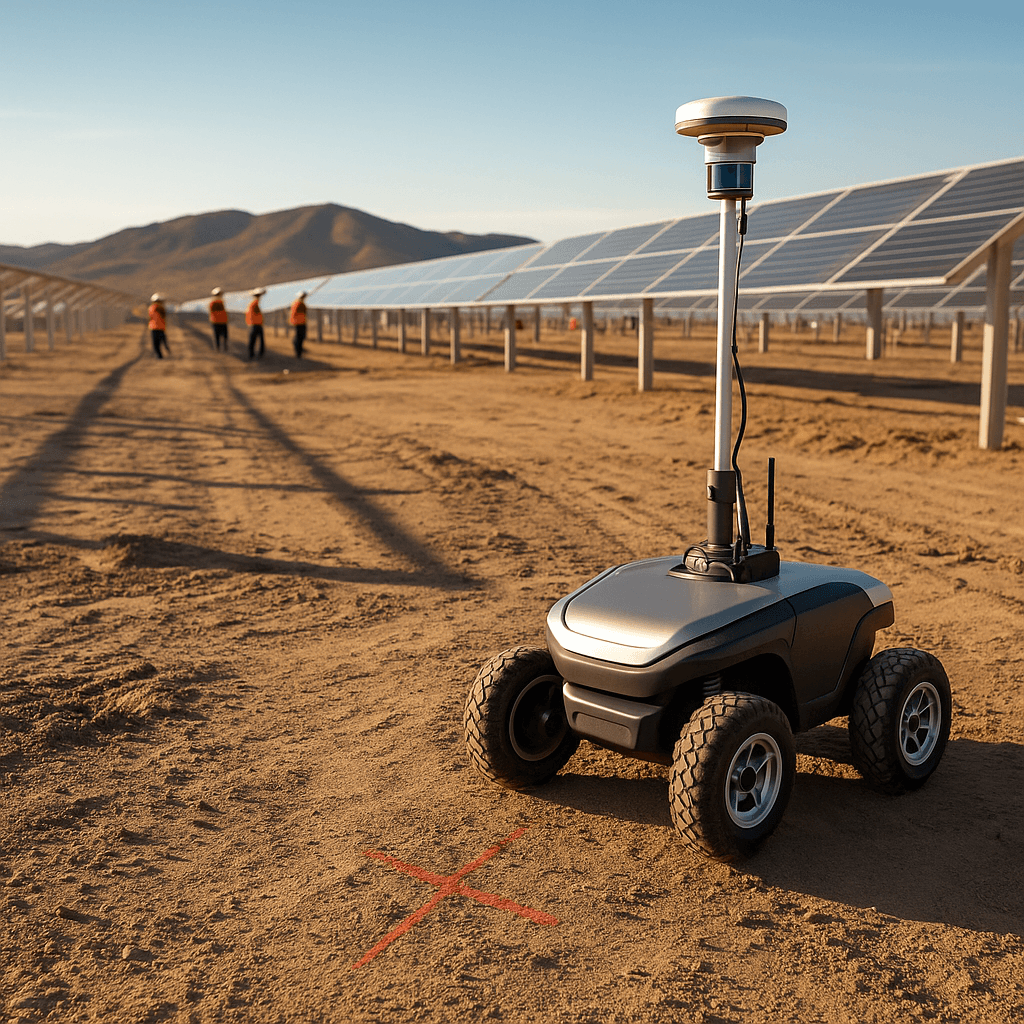Meta just flipped the switch on its $1 billion Kansas City data center, marking a pivotal shift toward AI-optimized infrastructure that could reshape how the tech giant powers its next-generation services. The facility, operational as of today, serves as a preview for Meta's ambitious 2026 roadmap featuring purpose-built AI data centers designed with custom hardware solutions.
Meta just cranked up the stakes in the AI infrastructure arms race. The social media giant's new Kansas City data center went live today, representing more than just another server farm – it's the launchpad for Meta's next-generation AI-optimized facilities slated to come online in 2026. The timing couldn't be more strategic as OpenAI, Google, and Microsoft scramble to secure the computational power needed for their AI ambitions. The $1 billion Missouri facility immediately signals Meta's commitment to owning its AI destiny rather than relying on cloud providers. "The grand opening of this data center represents a pivotal moment as we invest in scalable infrastructure optimized for our global work in AI," according to Meta's announcement. But the real news lies in what's coming next. Meta's 2026 AI-optimized data centers will feature custom hardware solutions designed specifically for machine learning workloads – a direct challenge to NVIDIA's GPU dominance and Amazon Web Services' infrastructure lead. The Kansas City facility showcases Meta's operational blueprint: LEED Gold certification, 100% renewable energy matching, and water-efficient cooling systems that saved over one million gallons during construction. Brad Davis, Meta's Data Center Community and Economic Development Director, told media that Kansas City was selected for "excellent infrastructure, a robust electrical grid, and a strong pool of talent." The choice reflects strategic shift toward heartland locations with reliable power grids – crucial for AI workloads that can consume exponentially more energy than traditional social media operations. Since 2011, data center investments have generated over 30,000 construction jobs and currently support more than 5,100 operational positions across US sites. The Kansas City facility alone employed an average of 1,500 skilled workers at peak construction and will maintain over 100 permanent operational jobs. This infrastructure expansion comes as faces intensifying competition in the AI space. While Gemini and Copilot grab headlines, has been quietly building the foundation for its AI ambitions through and large language models. The 2026 AI-optimized data centers represent the company's bet that purpose-built infrastructure will deliver competitive advantages in model training and inference speeds. positions itself as "one of the largest corporate buyers of clean and renewable energy in the world," with over 15 gigawatts purchased across six countries. This renewable energy commitment addresses growing concerns about AI's environmental impact while potentially offering cost advantages as energy prices fluctuate. The company's water stewardship initiatives, including stormwater capture and advanced cooling technologies, signal awareness of the resource constraints facing hyperscale data center operators. Industry analysts note that infrastructure strategy differs significantly from competitors relying heavily on cloud partnerships. By controlling the full stack from chips to cooling systems, aims to optimize performance for its specific AI workloads while potentially reducing long-term operational costs.











